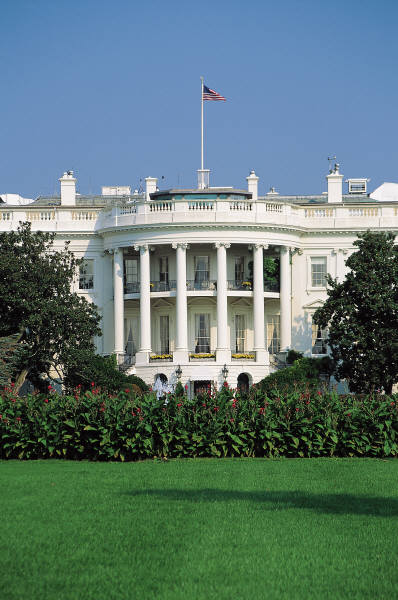 Moments ago, I received the following e-mail from an Edwards' staffer.
Moments ago, I received the following e-mail from an Edwards' staffer.
It looks like John is in it for the long haul and going to ride this one out, folks.
* * *
DT: 1-14-08
RE: Still not a two-person race
THE NEW DYNAMIC IN THE RACE
The lesson out of New Hampshire is that while the media have anointed two celebrity candidates, both are deeply flawed. Senator Clinton, we've known for a long time, is plagued with questions over electablility and continues to defend the status quo in Washington. Senator Obama's weakness was revealed Tuesday night: voters want a fighter. If Obama was thrown-off by Clinton's attacks last week, that's nothing compared to what Republicans will throw at the nominee this fall. If Obama is too weak to stand up to Republicans, and Clinton is too corporate to offer voters real change, Democrats will seek a nominee who not only stands for change but who actually shows some fight.
The media says voters have these two flawed choices – but there is another candidate, and this choice will decide whether or not we can actually bring about the change the middle class so desperately needs. In Iowa we saw that America is ready for change and prepared to reject the status quo that Senator Clinton defends. In New Hampshire we saw the fatal flaw in Senator Obama's approach - if you don't fight for change, you can't win.
NEVADA, SOUTH CAROLINA, FEB 5th, AND BEYOND
The Edwards campaign in Nevada recently added two dozen field organizers and now have 75 field staffers organizing support throughout the state. We already have strong labor support in the state including over 28,000 members (Carpenters, Steelworkers, Transport workers, Communication workers) and more than 1,000 precinct captain caucus trainings. Edwards has logged 17 visits to Nevada – roughly as much as Obama and Clinton combined.
John Edwards is the only candidate who can run a spot in South Carolina named "Native Son." Edwards has logged more trips to the Palmetto state than any other candidate and was the first to go on the air with ads. The campaign recently deployed 60 experienced field staffers to organize throughout the state. In 2004, South Carolina voters showed their independence and commitment to choose a candidate who best represents them. John Edwards remains that candidate. His commitment to South Carolina did not start on January 9th and voters here will remember that he is the candidate who is from South Carolina and has always fought for them.
We have advisors and organizers working in each of the Feb 5th states. On the heels of our Iowa victory over Senator Clinton, the coalition of 12 SEIU state councils that endorsed Edwards announced they would be pouring an additional $1.5 million into February 5 states on communication and voter turnout among the more than 750,000 SEIU members in those states. On January 17-18th, Edwards himself will bring the fight for middle class families to several key February 5th states.
THE PATH TO VICTORY
The Democratic nomination is determined by delegates, not the win-loss record in the first few states. Early wins and losses did not prove sufficient to drive others from the race, as they did in 2004. And in 2000, of course, there were only two serious candidates. But when there are more than two serious candidates who can go the distance, win-loss doesn't tell the tale - because to get the nomination, a candidate needs fifty percent of the delegates plus one. Winning with 35 or 40 percent will never get anyone to 50.
Instead, this race will go to the candidate that can compete widely and over the long haul. We will be broadly competitive, accumulating groups of delegates across the February 5th states. Ultimately, we expect the race to narrow to one of the two celebrity candidates and us - and when that happens, we are confident that the remaining contests will break in our direction as voters are finally offered the choice the national media has ignored all year - the most progressive, most electable candidate in the race, John Edwards.
This is not a new scenario - to the contrary it is the usual scenario. Until the non-race of 1996 and the pseudo-race of 2000 obliterated history from recent memory, reporters and campaign workers alike understood that nomination fights were fights for delegates. Bill Clinton didn't win a primary or caucus until Georgia. He didn't clinch the nomination until he defeated Jerry Brown in New York in April.
Because this fight to the nomination is boiling down to the earning of delegates, the campaign has assembled a team of staff and advisors to manage delegate tracking through the convention.
Despite facing two $100 million candidates, we are only seven delegates behind. Even after February 5th, 45% of delegates will have not been selected. Contests in Louisiana, Maryland, Virginia will all be held the very next week. This race has just begun.
